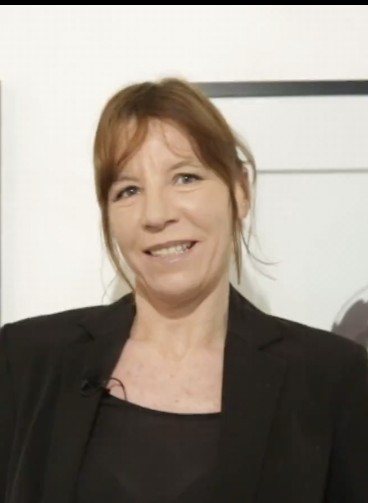CULTIVATING CHANGE: The Path to Personal Transformation
- Nikki Edwards
- Mar 19, 2024
- 3 min read

Change is a constant companion in the journey of life, yet embracing it is often our greatest challenge. As a recovery coach, I've witnessed firsthand the transformative power of change in the lives of those who seek personal growth and recovery. Cultivating change is not about eradicating old habits overnight but nurturing a garden of new, healthier patterns that can grow with time and care. Here are some key insights into the process of cultivating change for personal transformation.
Understanding the Soil: Self-Awareness
The first step in cultivating change is understanding the soil of our being—our thoughts, emotions, and behaviors that form the basis of our current state. Self-awareness is the tool through which we can understand our internal landscape. It involves observing our thoughts, acknowledging our feelings, and recognizing our behaviors without judgment. Like a gardener learns the type of soil they’re working with, we too must understand our inner world to know what will best grow there.
Planting Seeds: Setting Intentions
Change begins with the planting of seeds, or setting intentions. These are not just goals but profound commitments to ourselves about who we wish to become. Whether it’s seeking sobriety, improving physical health, or fostering better relationships, the seeds of intention require specificity and clarity. They should resonate with our deepest values and aspirations, acting as a compass for our journey.
Watering with Action: Small Steps
The most beautiful garden won’t grow without water, and in the process of change, action is our water. Small, consistent steps are key. Big leaps can often feel overwhelming and unsustainable. Break down your intentions into actionable steps that you can incorporate into your daily life. Remember, the focus is on progress, not perfection. Each small step is a victory in itself, a sign that the seeds of change are beginning to sprout.
Sunlight and Nutrition: Positive Environment
Just as plants need sunlight and nutrients to thrive, we need a positive environment that nurtures our growth. Surround yourself with supportive people who encourage your transformation. Seek environments that uplift and inspire you. This might mean joining support groups, engaging in community activities, or creating a peaceful space at home that reflects your intentions for change.
Pruning: Letting Go
As our garden grows, we'll find that some plants thrive while others do not. Similarly, part of cultivating change is learning to let go of what no longer serves us. This might be habits, relationships, or even old beliefs about ourselves. Pruning these aspects of our life can be painful, but it is necessary to make room for new growth. It’s a process of continuously asking ourselves what we need to let go of to move closer to our true selves.
Patience and Persistence: The Cycle of Growth
Lastly, cultivating change requires patience and persistence. Just as a gardener cannot rush the growth of their plants, we cannot rush our transformation. There will be days of immense growth and days where it seems nothing is changing. Trust in the process and be gentle with yourself. Change, especially the kind that lasts, takes time.
Cultivating Change is a journey of transformation that asks for our engagement, patience, and courage. It’s about more than just breaking old habits; it’s about creating a new ecosystem within ourselves where healthier patterns can flourish. As your recovery coach, I encourage you to embrace this journey with an open heart and mind. Remember, the most beautiful gardens are often the ones that took the most time and care to cultivate.
For Support or assistance in Cultivating Change contact Nikki Edwards +27(0)662234240 or info@nikkiedwards.com








Comments